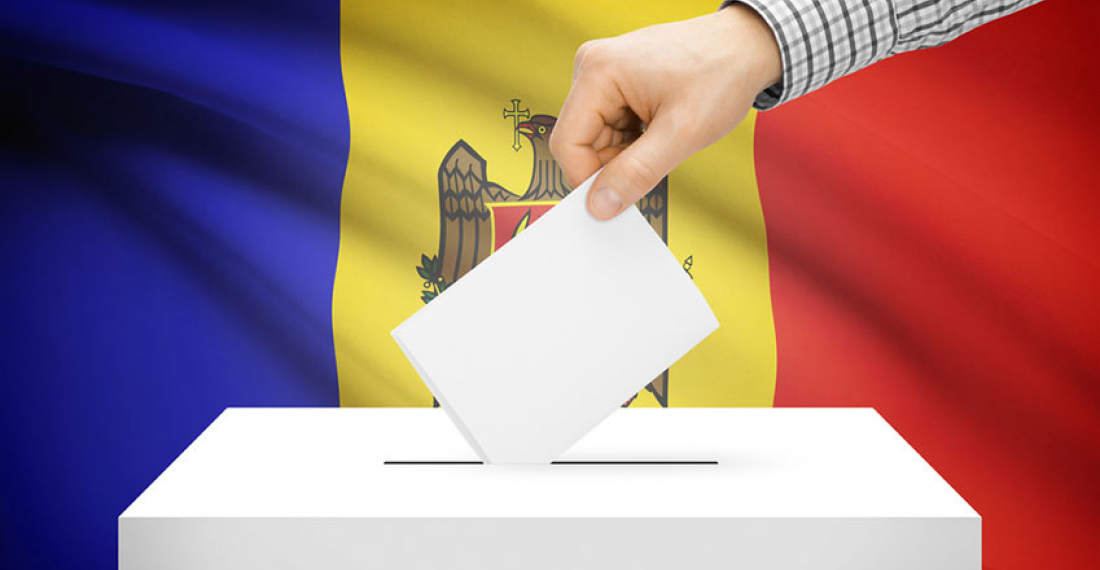Moldovan President Maya Sandu's PAS party has won a resounding victory in Sunday's (11 July) parliamentary elections on a platform of fighting corruption and carrying out reforms.
After the counting of 99.63% of ballots, only three political forces will be represented in the new chamber, the data showed. PAS had 52.60% of the vote, while its main rival, Dodon's Socialists and Communists bloc, had 27.32%.
The party of Ilan Shor, a businessman convicted of fraud and money-laundering in connection with a $1 billion bank scandal, received 5.77% of the vote. Shor denies wrongdoing.
Moldova has a population of 3.5 million people and is one of the poorest countries in Europe.
Sandu, who favours closer ties with the European Union, defeated Dodon last year but was forced to share power with the parliament elected in 2019 and the government run by lawmakers aligned with Dodon.
In April, Sandu dissolved parliament, in which PAS had 15 lawmakers while Dodon's Socialists had 37. Together with allies he controlled a majority of 54 deputies.
"I hope that Moldova will end today a difficult era, the era of the rule of thieves in Moldova. Our citizens must feel and experience the benefits of a clean parliament and government that cares about people's problems," Sandu said on Facebook.
She said that after the final count of votes she intended to form a new government as soon as possible.
The distribution of seats in parliament is not yet clear, as the votes cast for the parties that did not win enough votes to enter parliament will be distributed among the winners.






